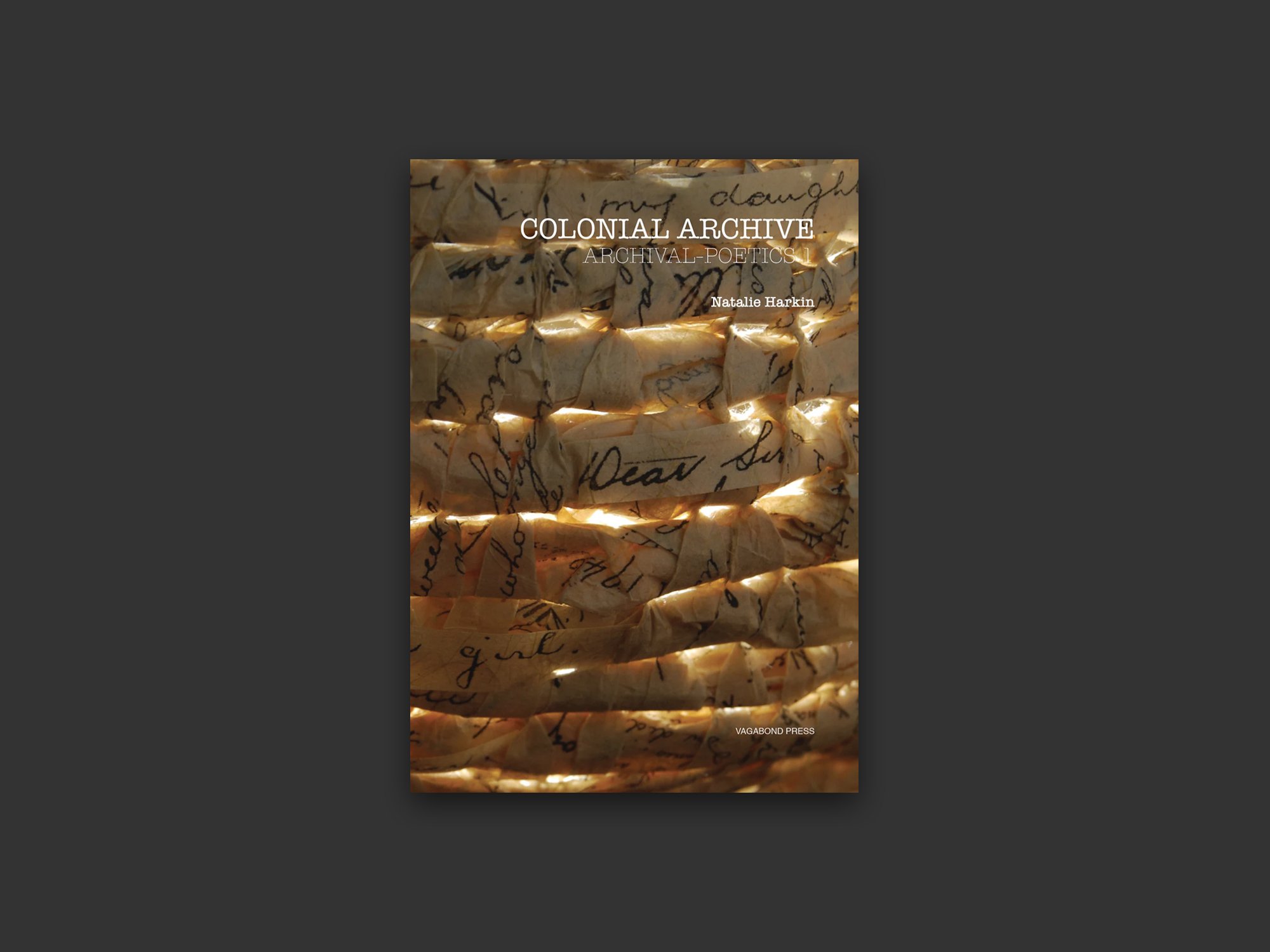Archival-Poetics
Wholesale $24.00 + GST
RRP $45.00
ISBN 9781925735215
Winner of the 2020 Kate Challis RAKA Award.
Winner of the John Bray Poetry Award in the 2020 SA Festival Awards.
Shortlisted for the Kenneth Slessor Poetry Award in the 2020 NSW Premier's Awards.
Highly commended in the 2020 Victorian Premier's Awards.
Archival-Poetics is an embodied reckoning with the State’s colonial archive and those traumatic, contested and buried episodes of history that inevitably return to haunt; a way of knowing and being in the world that carries us lovingly back and forward and back again toward something else restorative/ transformed/ honouring/ just. Family records at the heart of this work highlight policy measures targeting Aboriginal girls for removal into indentured domestic labour, and trigger questions on surveillance, representation and agency. This is a shared story; a decolonising project through poetic refusal, resistance and memory-making. It is our memory in the blood, and it does not always flow easily.
Dr Natalie Harkin is a Narungga woman and activist-poet from South Australia. She is a Research Fellow at Flinders University with an interest in decolonising state archives, currently engaging archival-poetic methods to research and document Aboriginal women’s domestic service and labour histories in SA. Her words have been installed and projected in exhibitions comprising text-object-video projection, including creative-arts research collaboration with the Unbound Collective. She has published widely, including with literary journals Overland, Westerly, Southerly, Wasafiri International Contemporary Writing, TEXT and Cordite. Her first poetry collection, Dirty Words, was published by Cordite Books in 2015.
Published by Vagabond Press, June 2019
Soft cover, 112 pages
128x178mm, upright
Wholesale $24.00 + GST
RRP $45.00
ISBN 9781925735215
Winner of the 2020 Kate Challis RAKA Award.
Winner of the John Bray Poetry Award in the 2020 SA Festival Awards.
Shortlisted for the Kenneth Slessor Poetry Award in the 2020 NSW Premier's Awards.
Highly commended in the 2020 Victorian Premier's Awards.
Archival-Poetics is an embodied reckoning with the State’s colonial archive and those traumatic, contested and buried episodes of history that inevitably return to haunt; a way of knowing and being in the world that carries us lovingly back and forward and back again toward something else restorative/ transformed/ honouring/ just. Family records at the heart of this work highlight policy measures targeting Aboriginal girls for removal into indentured domestic labour, and trigger questions on surveillance, representation and agency. This is a shared story; a decolonising project through poetic refusal, resistance and memory-making. It is our memory in the blood, and it does not always flow easily.
Dr Natalie Harkin is a Narungga woman and activist-poet from South Australia. She is a Research Fellow at Flinders University with an interest in decolonising state archives, currently engaging archival-poetic methods to research and document Aboriginal women’s domestic service and labour histories in SA. Her words have been installed and projected in exhibitions comprising text-object-video projection, including creative-arts research collaboration with the Unbound Collective. She has published widely, including with literary journals Overland, Westerly, Southerly, Wasafiri International Contemporary Writing, TEXT and Cordite. Her first poetry collection, Dirty Words, was published by Cordite Books in 2015.
Published by Vagabond Press, June 2019
Soft cover, 112 pages
128x178mm, upright
Wholesale $24.00 + GST
RRP $45.00
ISBN 9781925735215
Winner of the 2020 Kate Challis RAKA Award.
Winner of the John Bray Poetry Award in the 2020 SA Festival Awards.
Shortlisted for the Kenneth Slessor Poetry Award in the 2020 NSW Premier's Awards.
Highly commended in the 2020 Victorian Premier's Awards.
Archival-Poetics is an embodied reckoning with the State’s colonial archive and those traumatic, contested and buried episodes of history that inevitably return to haunt; a way of knowing and being in the world that carries us lovingly back and forward and back again toward something else restorative/ transformed/ honouring/ just. Family records at the heart of this work highlight policy measures targeting Aboriginal girls for removal into indentured domestic labour, and trigger questions on surveillance, representation and agency. This is a shared story; a decolonising project through poetic refusal, resistance and memory-making. It is our memory in the blood, and it does not always flow easily.
Dr Natalie Harkin is a Narungga woman and activist-poet from South Australia. She is a Research Fellow at Flinders University with an interest in decolonising state archives, currently engaging archival-poetic methods to research and document Aboriginal women’s domestic service and labour histories in SA. Her words have been installed and projected in exhibitions comprising text-object-video projection, including creative-arts research collaboration with the Unbound Collective. She has published widely, including with literary journals Overland, Westerly, Southerly, Wasafiri International Contemporary Writing, TEXT and Cordite. Her first poetry collection, Dirty Words, was published by Cordite Books in 2015.
Published by Vagabond Press, June 2019
Soft cover, 112 pages
128x178mm, upright
Praise for Archival-Poetics
“Addictive poetry. This book heals and haunts. Real and unexpected. A stunning achievement”
—Ellen Van Neerven
“Although Harkin does not mention "indigenisation" in her writing, she is in effect indigenising the colonial archives. She is bringing her voice and that of others to bear on what was and continues to be deposited by the ruling classes over the last 230 plus years. Each page that turns brings forth those long forgotten by those who would oppress them, never forgotten by their descendants. The language Harkin uses is not conventionally poetic in form, it is full of gaps and gasps, repetitions, stutterings, a channelling of the women and girls who were forced to be what they were not and had no wish to be. The archons ignored the fundamental aspects of humanity at their peril and documented that ignorance. Harkin restores humanity to her subjects through her weaving of words and images.”
—Judy Annear
